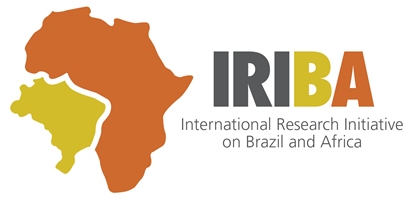Opening yesterday’s International Economic Forum on Africa, OECD head Angel Gurría reiterated his organisation’s strapline: “better policies for better lives“. As the conference unfolded however, it became increasingly apparent that Africa isn’t lacking in good policies, but in the effective implementation of those policies.
Focussing on “industrialisation for inclusive growth“, the forum covered much of the same ground as our research examining the Brazilian development experience. Debates ranged from the importance of infrastructure, technology and human capital, to macroeconomic management and international trade. Underlying much of the debate was the question: why are the 5% growth rates across the continent not translating into sharper declines in poverty?
While there was broad consensus about the importance of promoting industrialisation, the track record in many African countries of stagnating, or even declining industrial output was stark. Indeed, it was estimated that despite the impressive growth rates, industrial output has actually reduced by 2% across Africa over the last 10 years.
Kako Nubukpo, the national planning minister for Togo identified the contradictory policy agenda driving this apparent paradox, with “customs duties disarmament” undermining the ability of many domestic industries to develop and compete with cheaper imports.
Head of the ECA Carlos Lopes suggested that without using “smart protectionism“, there was little hope for catalysing industrial development in most African countries. Unfortunately, there was little follow-up debate on this critical point, and the opportunity to look at the (in)coherence in policymaking and the political trade-offs involved was lost.
The contrast to the relatively clear social and economic vision pursued by Brazil appeared stark. Admittedly, the social contract and consensus underpinning the policy orientation of the country was formed in reaction to the long denial of democracy under the military dictatorship. But surely there are other ways for countries to forge a more coherent and inclusive approach to development?
Many of the panellists highlighted the current deficit in African political leadership to turn sound policies into tangible change on the ground. The self-described “most famous unemployed African”, Mo Ibrahim was particularly critical of African leaders signing regional agreements on economic integration, but then failing to make any real moves to implement them. He also took leaders to task for retaining office into their 90s, when most people across the continent were in their 20s.
Despite AU chair Nkosazana Dlamini-Zuma’s opening plea for the discussions to focus on the practical ways in which effective industrial policies could be implemented, much of the debate was relatively technocratic – a shopping list of good policies for industrialisation. Perhaps it’s too much to hope for in a large set-piece international forum, but I was disappointed there wasn’t a deeper exploration of the politics and compromises that drive these decisions.
